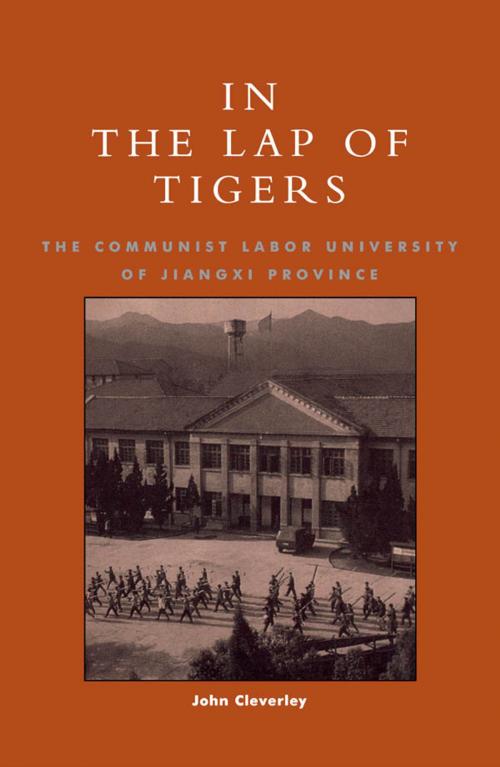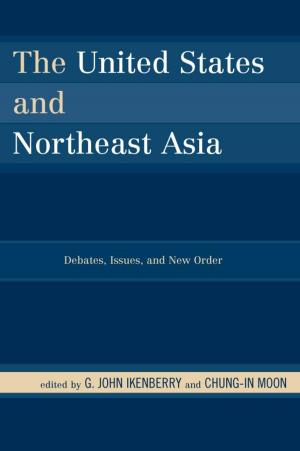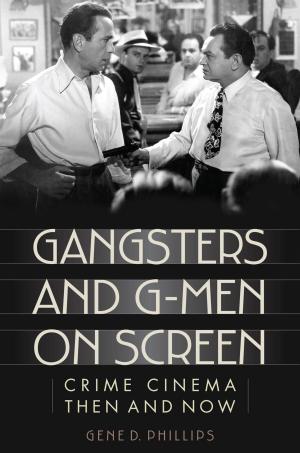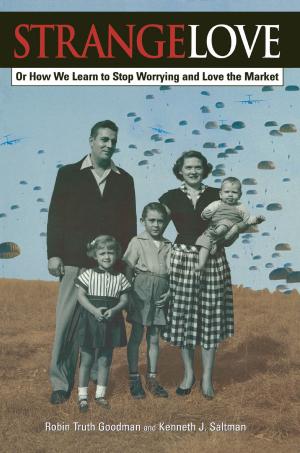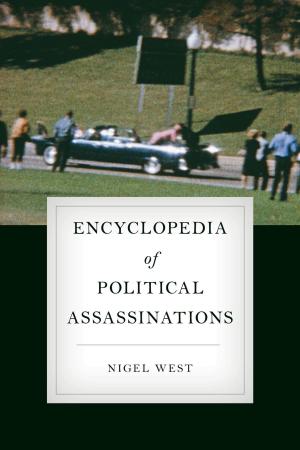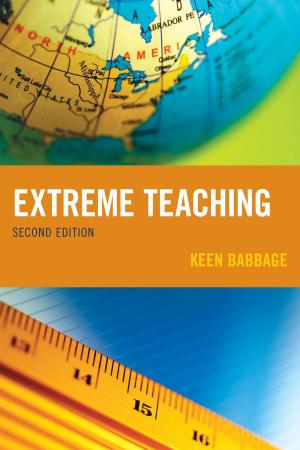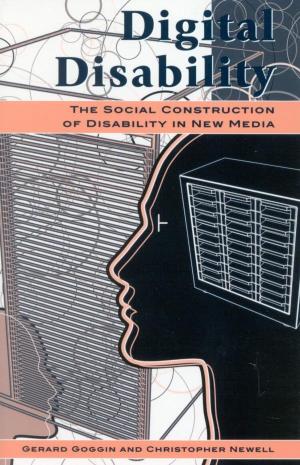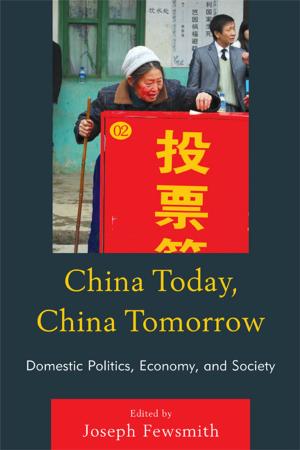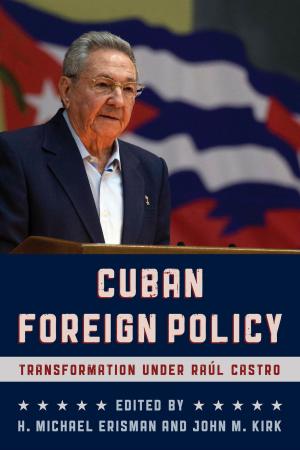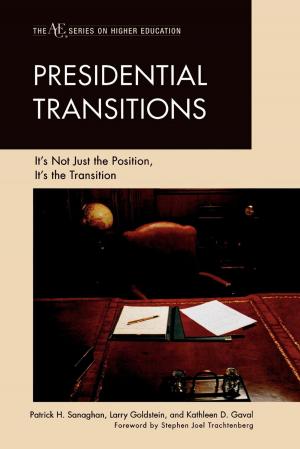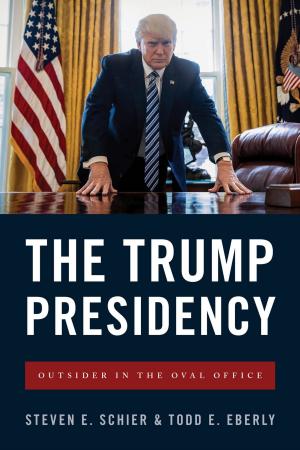In the Lap of Tigers
The Communist Labor University of Jiangxi Province
Nonfiction, History, Asian, Asia| Author: | John Cleverley | ISBN: | 9781461600640 |
| Publisher: | Rowman & Littlefield Publishers | Publication: | February 22, 2000 |
| Imprint: | Rowman & Littlefield Publishers | Language: | English |
| Author: | John Cleverley |
| ISBN: | 9781461600640 |
| Publisher: | Rowman & Littlefield Publishers |
| Publication: | February 22, 2000 |
| Imprint: | Rowman & Littlefield Publishers |
| Language: | English |
Founded in the forested mountains of ChinaOs remote Jiangxi Province in 1958, the Communist Labor University, along with some 100 branch campuses, introduced uneducated farmers and peasants to basic agricultural science and farming techniques through an innovative work-study program until 1980. Drawing on a wealth of archival materials, John Cleverley here explores the inner workings of this unique Chinese institution and the direct personal involvement in its affairs by the nationOs key communist leaders, including Mao Zedong, Zhou Enlai, Zhu De, and Deng Xiaoping. The community would survive the dictates of political agriculture, famine and pestilence, and the Cultural Revolution, thus mirroring higher education's own cycle of expansion, contraction, and division. Yet the university could not avoid the bitter factional politics and deadly power plays of the 1970s. Open to the charge that it was a utopian experiment, another of Mao's great follies, its undoing was part of the larger canvas of ChinaOs shift from a Maoist vision to DengOs philosophy of pragmatic socialism. This fascinating story illuminates the internal and external politics of an innovative educational enterprise from both an institutional and personal perspective. In the process, the book underscores the larger issues of educational reform and political and social change in China.
Founded in the forested mountains of ChinaOs remote Jiangxi Province in 1958, the Communist Labor University, along with some 100 branch campuses, introduced uneducated farmers and peasants to basic agricultural science and farming techniques through an innovative work-study program until 1980. Drawing on a wealth of archival materials, John Cleverley here explores the inner workings of this unique Chinese institution and the direct personal involvement in its affairs by the nationOs key communist leaders, including Mao Zedong, Zhou Enlai, Zhu De, and Deng Xiaoping. The community would survive the dictates of political agriculture, famine and pestilence, and the Cultural Revolution, thus mirroring higher education's own cycle of expansion, contraction, and division. Yet the university could not avoid the bitter factional politics and deadly power plays of the 1970s. Open to the charge that it was a utopian experiment, another of Mao's great follies, its undoing was part of the larger canvas of ChinaOs shift from a Maoist vision to DengOs philosophy of pragmatic socialism. This fascinating story illuminates the internal and external politics of an innovative educational enterprise from both an institutional and personal perspective. In the process, the book underscores the larger issues of educational reform and political and social change in China.
